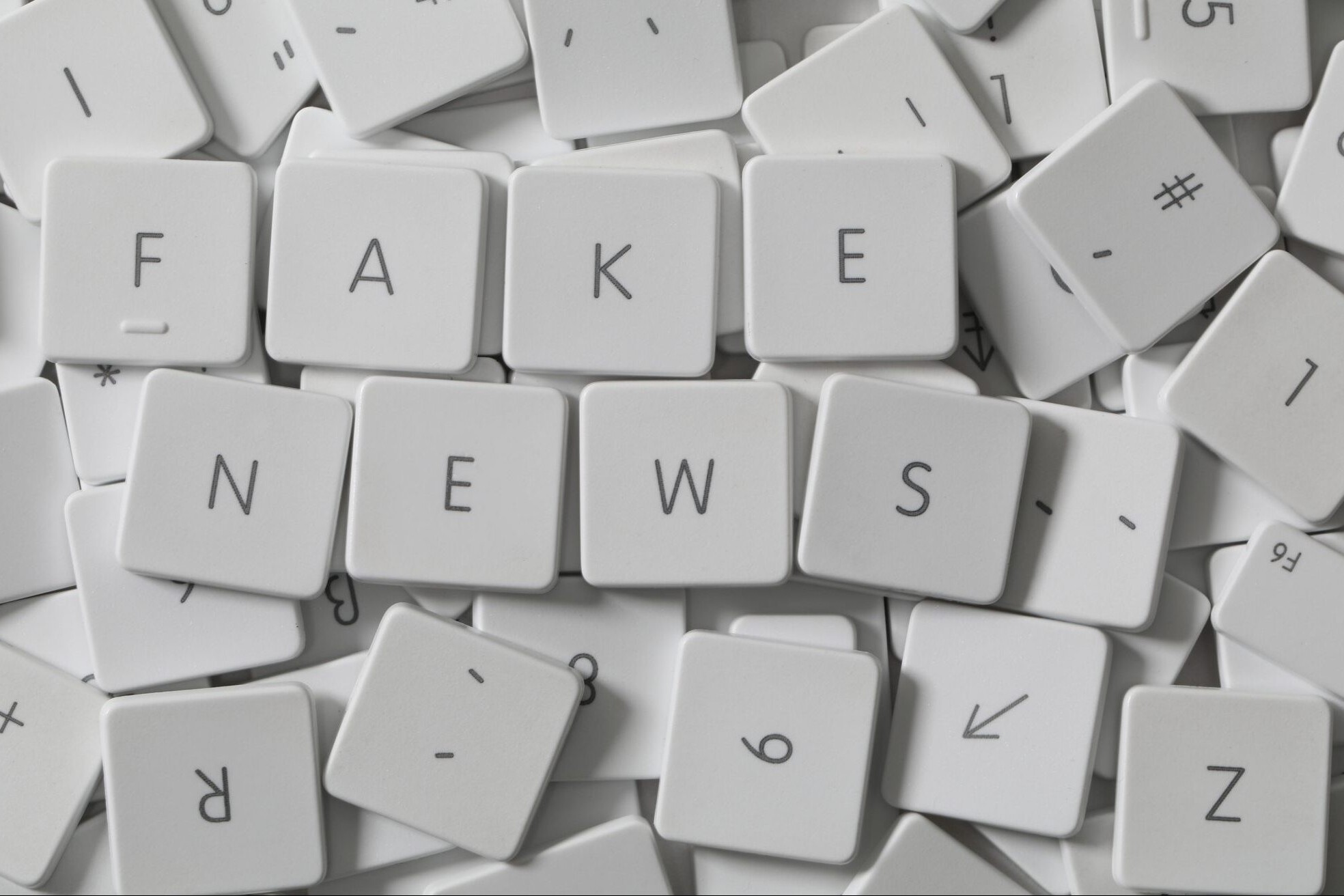South Korea may soon join the growing ranks of countries whose governments are introducing so-called “fake news” laws.
The ruling Democratic Party of Korea (DPK) has introduced an amendment to the Act on Press Arbitration, with the stated aim of combating disinformation or so called “fake news”. The bill was passed at a subcommittee meeting of the National Assembly’s Culture, Sports and Tourism Committee in late July, even after concerns were raised by opposition parties and media groups about the regulation’s ability to undermine press freedom.
If the bill is passed into law, news organisations would be liable to pay punitive damages up to five times the actual damage incurred by the complainant. They would also have to issue corrections for disseminating “fake news” and would be responsible for proving that any false report was unintentional, IPI reports. The bill may be passed as soon as tomorrow (25 August) when a plenary session is convened.
In response to criticism, the ruling party revised the bill to exclude individual journalists from damage claims and to prohibit high-ranking government officials and executives of major companies from seeking punitive damage, Reporters Without Borders (RSF) reported today.
The bill has been widely denounced, both locally and internationally: local media groups have collected online signatures from staff at media outlets and journalists to protest what they deem an “unconstitutional” bill. International organisations such as WAN-IFRA and IPI have also called for the bill’s withdrawal and have thrown their support behind South Korea’s independent media.
“WAN-IFRA and the World Editors Forum have called on the South Korean authorities to retract hastily proposed law changes, designed to curb disinformation, which instead risk silencing critical journalism and harming South Korea’s democratic traditions,” WAN-IFRA said in a statement.
Meanwhile, critics emphasised that existing South Korean civil and criminal laws already cover false information and defamation. In its 2021 assessment of press freedom in South Korea, RSF noted that defamation is punishable by up to seven years in prison while severe penalties remain in place for the dissemination of sensitive information.
South Korea has joined the growing ranks of countries and territories considering “fake news” laws, such as Hong Kong, Timor-Leste, and Thailand. The phenomenon was already noted as rising across South East Asia. More often than not, the criteria for determining a breach of such laws are ambiguous, thereby leaving critical journalism open to attacks. Since the onset of the global COVID-19 pandemic, these laws are being used under the guise of safeguarding the public.
The Public Media Alliance is concerned that the proposed “fake news” law could significantly limit critical reporting in South Korea and encourage self-censorship. With the country’s presidential election scheduled for March 2022, it is imperative that media organisations and journalists can report freely and without fear of persecution.
Header Image: Seoul,South Korea 1/20/2020 Yeouido Korea National Assembly Proceeding Hall Chamber. Credit: NGCHIYUI/Shutterstock.com
Related Posts
6th December 2019
The rise of “fake news” laws across South East Asia
Serious concern as recently enacted…
